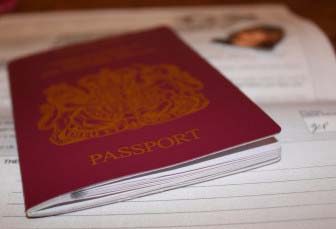
Qatar has been appointed to a new three-year term on the UN’s Human Rights Council, edging out Thailand by six votes for the final spot allocated to the Asia-Pacific region.
It’s the third time the Gulf country has held a seat on the 47-member body, which was formed in 2006 to promote and protect human rights around the world. The last term Qatar served was from 2010 to 2013.
Media reports say Qatar received 142 votes from the UN General Assembly’s 193 members. The other three seats reserved for the region were filled by India (162 votes), Indonesia (152 votes) and Bangladesh (149 votes).

Qatar’s own human rights record has come under the international spotlight in recent years as activists use the attention around the 2022 World Cup to highlight the living and working conditions of migrant laborers, as well as the country’s restrictive sponsorship laws.
Joe Stork, the deputy director of Human Rights Watch’s Middle East and North Africa division, said in a statement that he’d like to see Qatar’s elevation to the UN’s human rights organization accelerate the country’s planned reforms:
“We hope joining the council will finally prompt Qatar to address the laws and policies that make its growing migrant worker population so vulnerable to trafficking and forced labor. Qatar should abolish its exit visa system, reform the kafala system to allow workers to change employers, and ratify the (International Labour Organization) domestic workers convention.”
Reforms
Recently, Qatar’s Emir publicly conceded that there have been “problems and errors” in protecting the human rights of migrant workers here.
In May, government officials proposed changes to the country’s sponsorship laws that would make it easier expats to leave the country and change jobs. The changes would also increase penalties for employers who confiscate their employee’s passports.

Another change that’s being rolled out is a new requirement on companies to pay salaries electronically. This would help ensure wages are deposited into a worker’s bank account on time.
Earlier this month, Qatar’s Chamber of Commerce said it would support the planned reforms, raising the prospect that a new law could be approved by the end of the year.
Critics, however, have argued that the changes fall short of international human rights standards, as well as the recommendations of a report by law firm DLA Piper that was commissioned by the Qatar government.
Beyond its borders, Qatar’s National Human Rights Committee has recently raised the issue of individuals with disabilities, and called for more efforts globally to remove barriers that prevent their full integration into society.
Thoughts?







